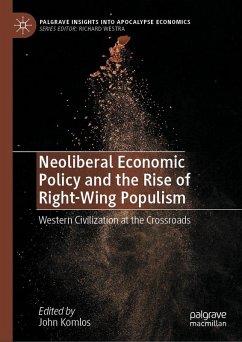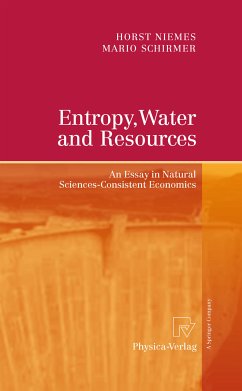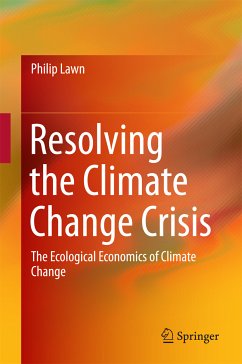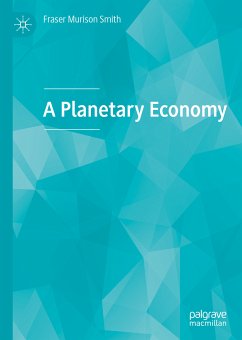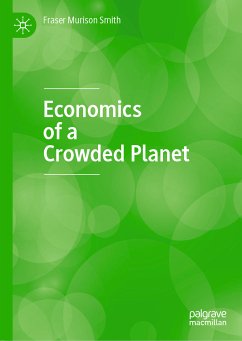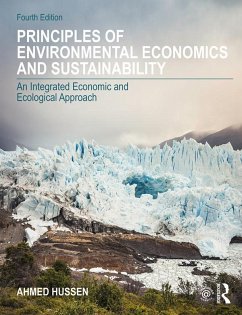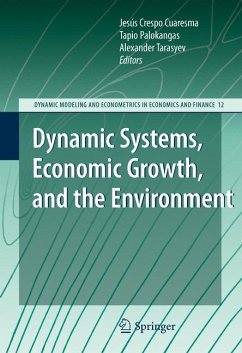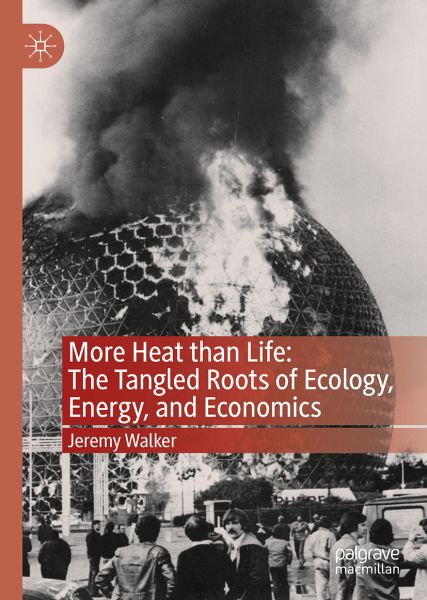
More Heat than Life: The Tangled Roots of Ecology, Energy, and Economics (eBook, PDF)
Versandkostenfrei!
Sofort per Download lieferbar
96,95 €
inkl. MwSt.
Weitere Ausgaben:

PAYBACK Punkte
48 °P sammeln!
This book traces the interacting histories of the disciplines of ecology and economics, from their common origin in the ancient Greek concept of oikonomia, through their distinct encounters with energy physics, to the current obstruction of neoliberal economics to responses to the ecological and climate crisis of the so-called Anthropocene. Reconstructing their constitution as separate sciences in the era of fossil-fuelled industrial capitalism, the book offers an explanation of how the ecological sciences have moved from a position of critical collision with mainstream economics in the 1970s,...
This book traces the interacting histories of the disciplines of ecology and economics, from their common origin in the ancient Greek concept of oikonomia, through their distinct encounters with energy physics, to the current obstruction of neoliberal economics to responses to the ecological and climate crisis of the so-called Anthropocene. Reconstructing their constitution as separate sciences in the era of fossil-fuelled industrial capitalism, the book offers an explanation of how the ecological sciences have moved from a position of critical collision with mainstream economics in the 1970s, to one of collusion with the project of permanent growth, in and through the thermal crisis of the biosphere.
Dieser Download kann aus rechtlichen Gründen nur mit Rechnungsadresse in A, B, BG, CY, CZ, D, DK, EW, E, FIN, F, GR, HR, H, IRL, I, LT, L, LR, M, NL, PL, P, R, S, SLO, SK ausgeliefert werden.



